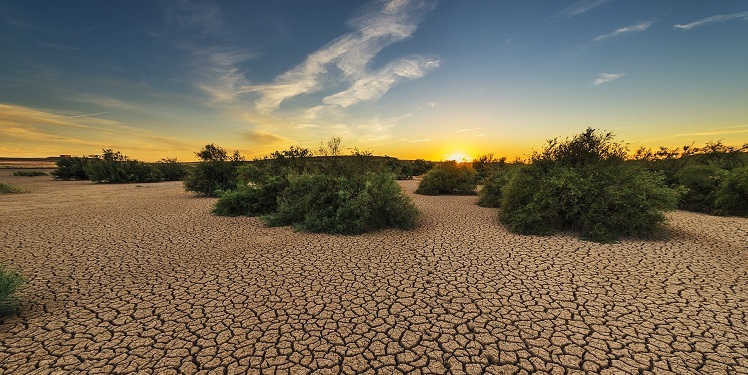Climate change warning for the tropics

Climate change will be amplified on the hottest days in tropical regions, causing severe impact to human health, new research from the University of St Andrews has found.
The paper, published in Nature Geoscience today (Thursday 21 October) predicts that in the tropics, hot days will warm substantially more than on the average day.
For example, the hottest five per cent of days are expected to warm by 20 per cent more than on the average day. This amplified warming of extreme temperatures will have severe impacts on human health, ecosystems and wildfires across large parts of Africa, Asia and the Americas.
Study author, Dr Michael Byrne of the School of Earth and Environmental Sciences at the University of St Andrews, uses concepts from atmospheric dynamics to explain the accelerated warming of hot days.
In particular, he shows that two aspects of the tropical climate – namely frequent thunderstorms and the weak influence of the Earth’s rotation – control how hot days respond to a changing climate.

Dr Byrne said: “This paper introduces a simple theory to understand the processes determining extreme temperatures over tropical land.
“According to the theory, warming is amplified on hot days because those days are dry: this is termed the ‘drier get hotter’ mechanism.
“This theory fills an important gap in our understanding of tropical climate and heatwaves and I hope the study spurs new research, using theory as well as climate models and observations, to expand understanding of extreme weather across the tropics and beyond.”
Category Research